The U.S. Supreme Court is set to hear oral arguments this Friday in a crucial case that could determine the future of TikTok in the United States. The central question revolves around a law mandating that TikTok either separate from its Chinese parent company, ByteDance, or face a nationwide ban.
This high-stakes legal battle pits national security concerns against the First Amendment rights of millions of American TikTok users. The court's decision, expected within days, will have significant implications for the popular social media platform, which boasts an estimated 170 million users in the U.S.
At the heart of the dispute is the Protecting Americans from Foreign Adversary Controlled Applications Act, passed by Congress last April. This legislation gives TikTok until January 19th to divest from ByteDance or be removed from U.S. app stores. TikTok's owners have consistently refused to comply, leading to the current legal challenge.
TikTok argues that the ban infringes upon the free speech rights of its users and represents an overly restrictive measure. The company's legal team contends that less drastic alternatives could address data security concerns without resorting to a complete ban. They've also highlighted the incoming Trump administration's apparent support for the app, suggesting a potential shift in policy.
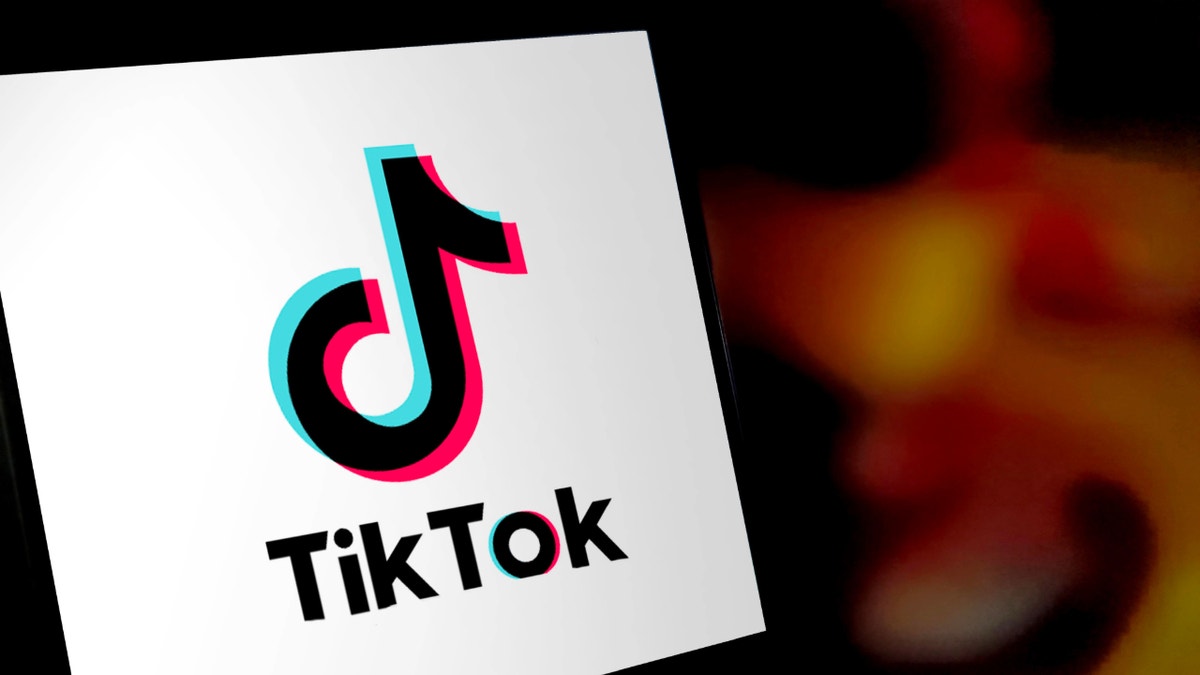
Conversely, Congress and the Biden administration have expressed serious national security concerns regarding ByteDance's ownership of TikTok. They argue that the Chinese government could potentially exploit the platform to access user data, spread propaganda, or advance its geopolitical interests. U.S. Solicitor General Elizabeth Prelogar emphasized these potential threats in a brief filed with the Supreme Court, suggesting that China could "covertly manipulate the platform." Classified evidence has also been submitted to the court to bolster this argument.
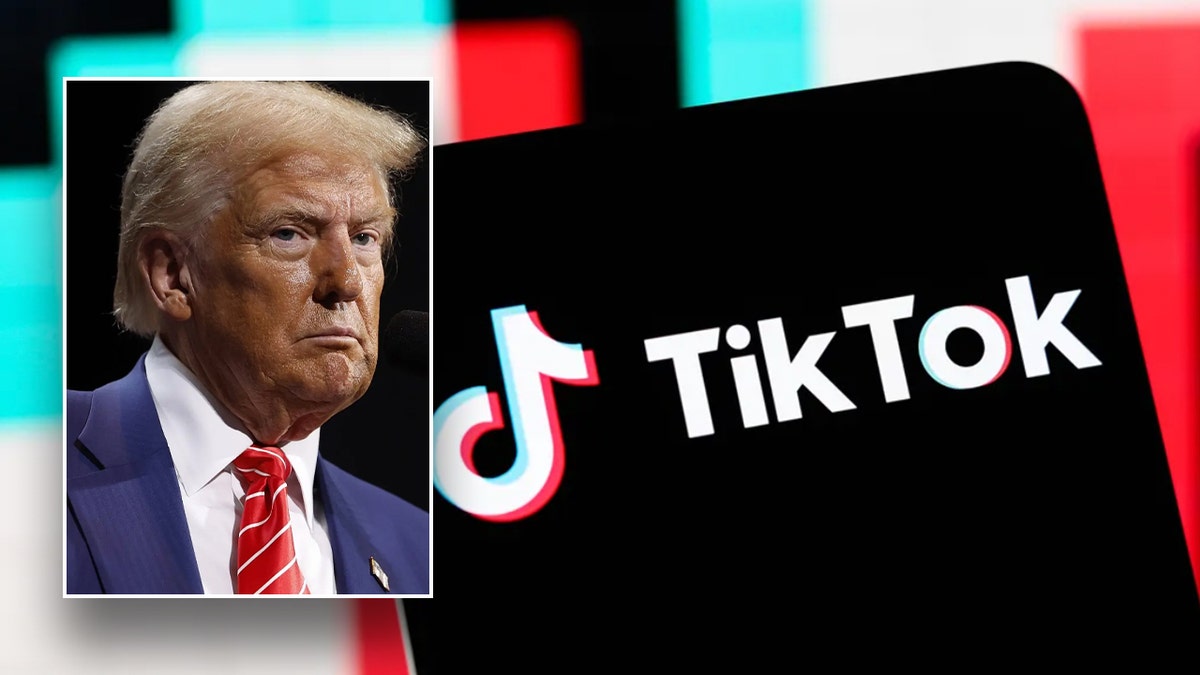
Adding another layer of complexity to the situation is President-elect Trump's seemingly favorable stance on TikTok. Trump recently met with TikTok CEO Shou Zi Chew and expressed a "warm spot" for the app, raising questions about how his administration might handle the case. Trump's legal team has requested the Supreme Court postpone its decision until after his inauguration.
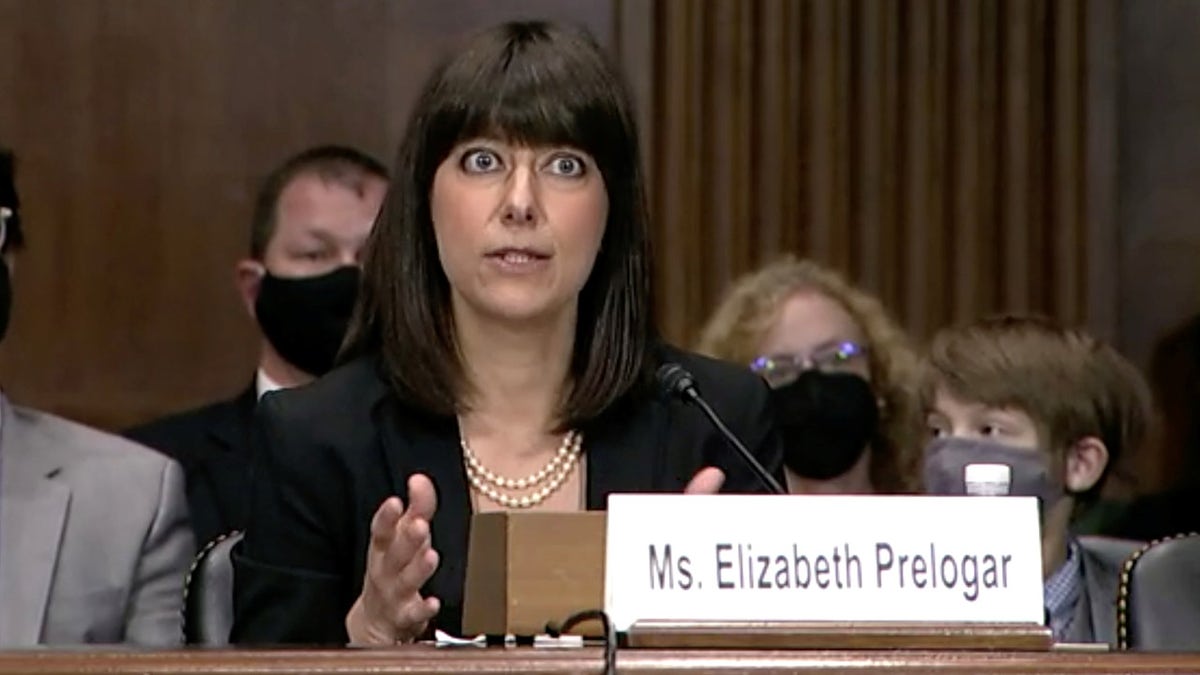
Congressional opinions on the matter are also divided. Some lawmakers, including Sen. Rand Paul and Rep. Ro Khanna, have filed a brief opposing the ban, arguing that it violates First Amendment rights and that less restrictive alternatives exist. However, others, such as Sen. Mitch McConnell, strongly support the ban and believe TikTok's arguments are without merit.
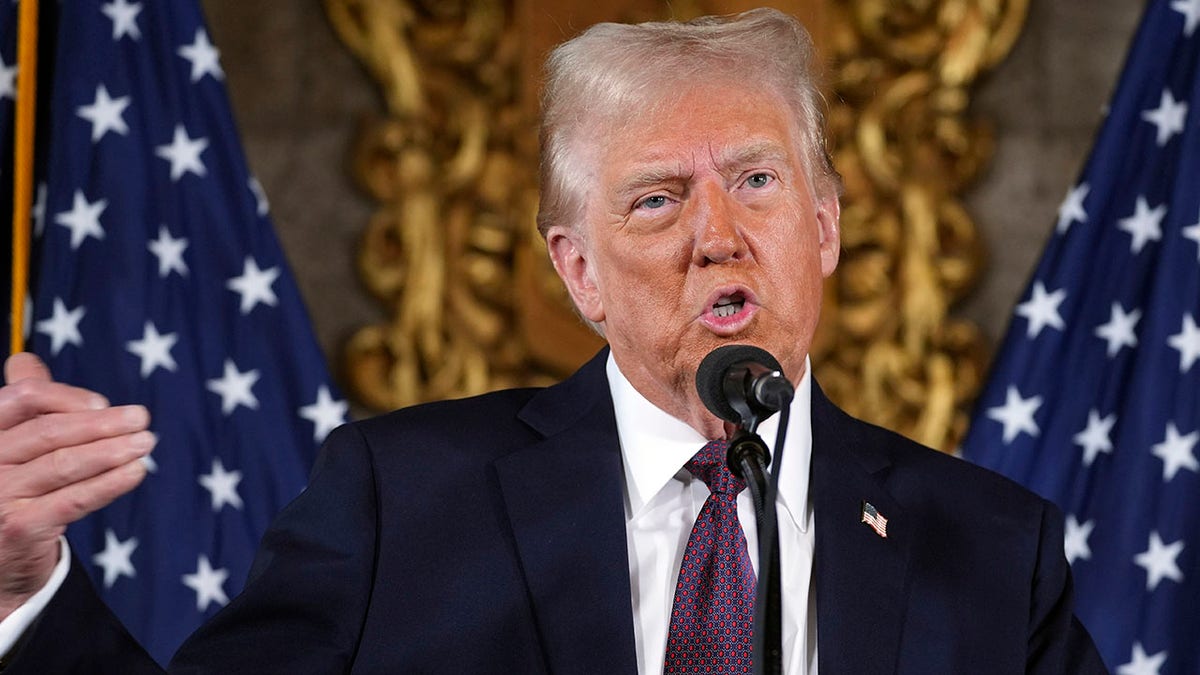
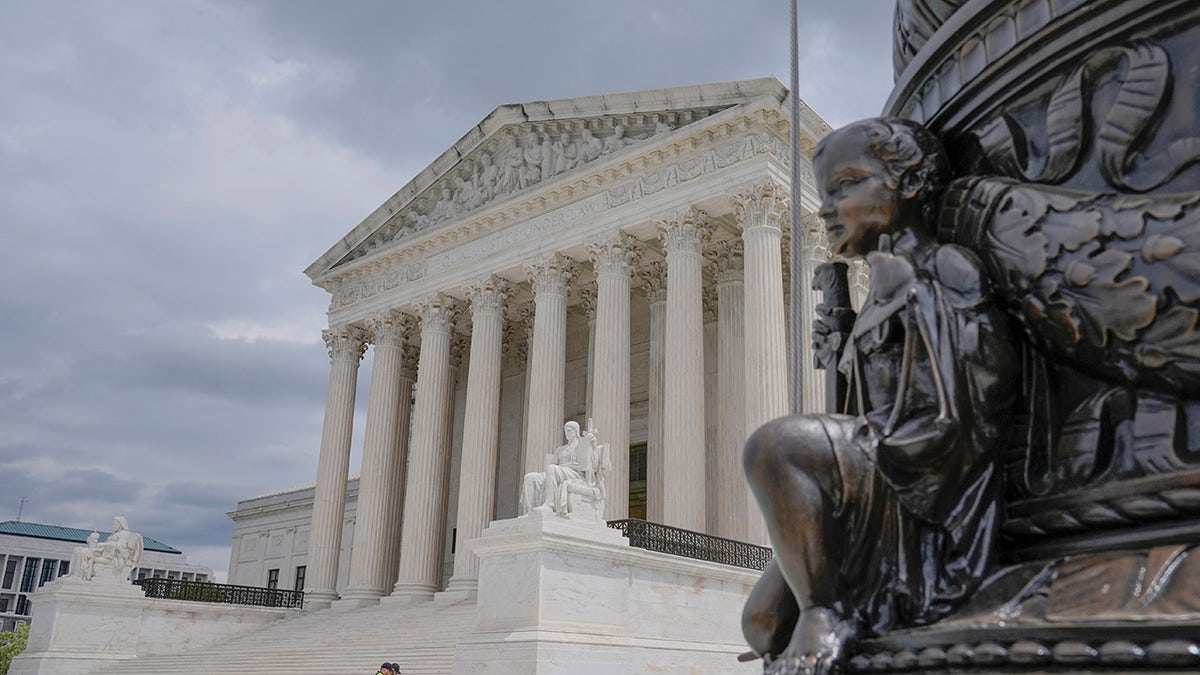
As the Supreme Court prepares to hear arguments, the future of TikTok in the U.S. hangs in the balance. The court's decision will have far-reaching consequences, impacting not only the platform itself but also the broader debate surrounding national security and free speech in the digital age.
Comments(0)
Top Comments